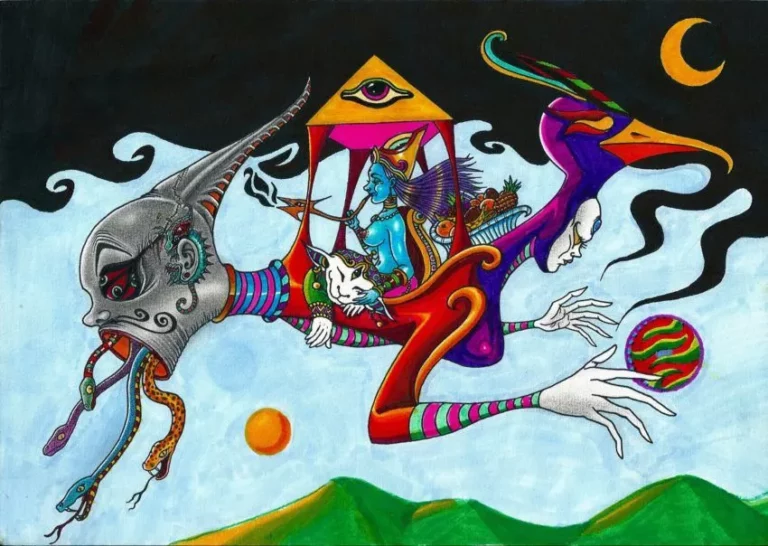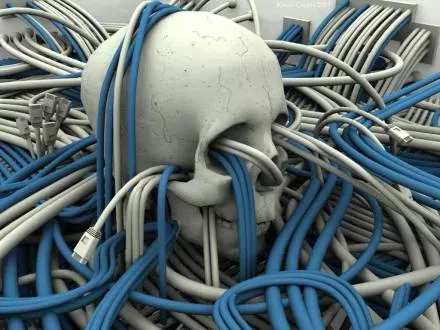To achieve hermit status, one needs to submerge themselves in true isolation with little or no contact with the outside world. Forget about off grid, hermits have been a badge worn by those disgusted by society, those seeking spiritual enlightenment and men and women who want to touch heaven without companionship.
“One can be instructed in society, one is inspired only in solitude.” ~ Johann Wolfgang Von Goethe
These hermits are not of Symeon the Stylite fame, known for standing on a pillar for 37 years, nor are they sufferers of agoraphobia or ‘Hikikomori’; the withdrawal from life from within a room in a big city as they call it in Japan.
Psychological implications aside, these hermits fall into the category of those who have escaped/been pushed from society or willingly chosen solitude as a spiritual path. Here are 6 famous hermits who have made history.
The Hermit of Gully Lake
Willard Kitchener Macdonald jumped from a moving troop train in 1944 following a shortage of military volunteers for WWII in Canada, Gully Lake. Even when the Canadian government granted amnesty for deserters in 1950, Kitchener still stayed put, surviving in a cabin in the forest for the next 60 years.
When his beloved cabin was burnt down by a forest fire only a year before his death he was forced back into society, only to flee back into the woods when he became unable to look after himself and his friends went to call for medical help which would probably lead to him being put in a residential home.
Emma Orbach

From an early age, Emma Orbach enjoyed being in nature and being at one with the nature spirits. It wasn’t until her children were growing up that she decided to downsize from her farm to a nearby wooded area in Pembrokeshire, Wales UK where she now lives very comfortably in a little hobbit house with her horses, goats and chickens.
She does visit the outside world quite regularly and seems incredibly down to earth, asserting that her goal is not to live strictly a self-sufficient lifestyle or push out the world, instead preferring to do without it, only visiting family from time to time which she often goes riding on horseback which raises some eyebrows.
Having said that, perhaps she’s not so much of a hermit after all as she has a small community around her, fought for over a decade; a fight only won on the agreement that each household would pay council tax and not call the doctor when one of them got sick!
Emma herself is quite aware of her own mortality, preferring to spend the end of her days in her natural retreat rather than have to return to the outside world.
Masafumi Nagasaki
Living on Sotobanari island, Masafumi abides by the laws of nature and lives naked on a remote island in the southern territories of Japan. Only returning to the mainland once a week to buy rice and fresh water with money given to him by his brother.
Masafumi goes by his everyday chores and feels comfortable living his naturalist life; feeling his nakedness is like a uniform that compliments the islands code of conduct. He also is now planning his last day on the island and planning where he will die stating that to die on the island surrounded by nature – ‘well you can’t beat it really can you?’
Agafya Lykov
One of the last remaining survivors of her family, member of the fundamentalist Russian orthodox church Agafya Lykov’s family fled society in 1936 when Stalin swore to purge all religions. Her father, Karp Lykov decided to make the journey when a Communist patrol visited the family and shot his brother dead.
Agafya was born into her reclusive family in 1943 and now lives in the Siberian wilderness, only venturing out a total of six times in the last seventy years. Her family survived by foraging food and were even forced to eat their leather shoes once when times were really tough.
Agafya prefers the wilderness, saying that the roads scare her and the water in the outside world is impure. Now that her family have all died, many worry about the now old woman, bringing her provisions so that she might survive another winter.
Brendon Grimshaw
Brendon Grimshaw, former newspaper editor, purchased Moyenne Island in the Seychelles for 8,000 GBP in 1962 and set about planting 16,000 trees and bred giant tortoises.
The only inhabitant of the island, Grimshaw fought with local hotel developers who wanted to buy the island – now worth 34 million Euros and a site of natural beauty – from him as he approached his death.
With no family members to inherit it from him, Grimshaw saw off the developers, making Moyenne Island a national park. He died peacefully in 2012, safe in the knowledge that his hard work would not go to waste.
Saint Hildegard of Bingen

Sometime in the twelfth century, Hildegard’s parents offered up the young girl as an Oblate to the church. In other words, she was to serve her life behind the walls of a monastery, praying, talking to and serving God; generally becoming a recluse and cut off from the world.
She was particularly chosen – as was quite common in those times when a family ‘gave’ one of their children to the church – as she experienced visions, (or ‘the shade of the living light’ as she called them) and was enclosed with a nun named Jutta for many, many years.
When Jutta died Hildegard requested that she be moved to a monastery that would grant her more independence and when the Abbot refused she became paralyzed in her bed – a sure sign from God that he was displeased. Hildegard eventually got her wish, went on to found two monasteries and published many religious texts, poems and musical compositions.
Though a real diversity of hermits, this list proves that the theme that runs through all of these cases is the love of nature and the unwillingness to leave it. The real or outside world may be normal to us, but to anyone who has lived outside of it for any period of time can understand the harsh and unforgiving nature of society today.
All of these hermits prove, not only that living in such a way can be great for our mental health, but that they did/would choose to die in their self-made paradise, with both feet firmly on the ground.
Reference:
Image Source:

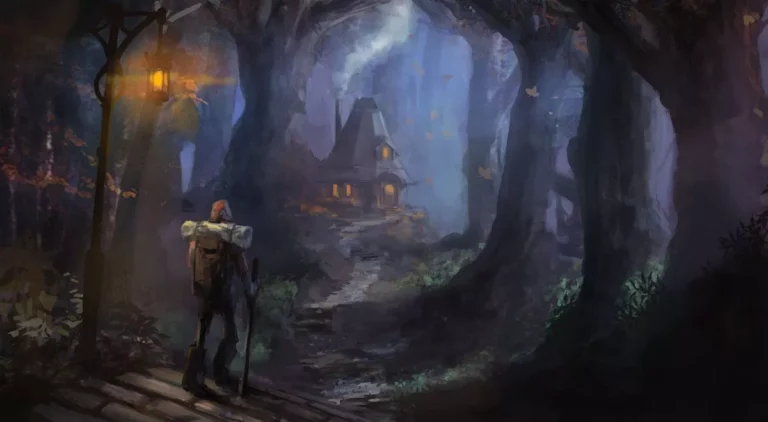
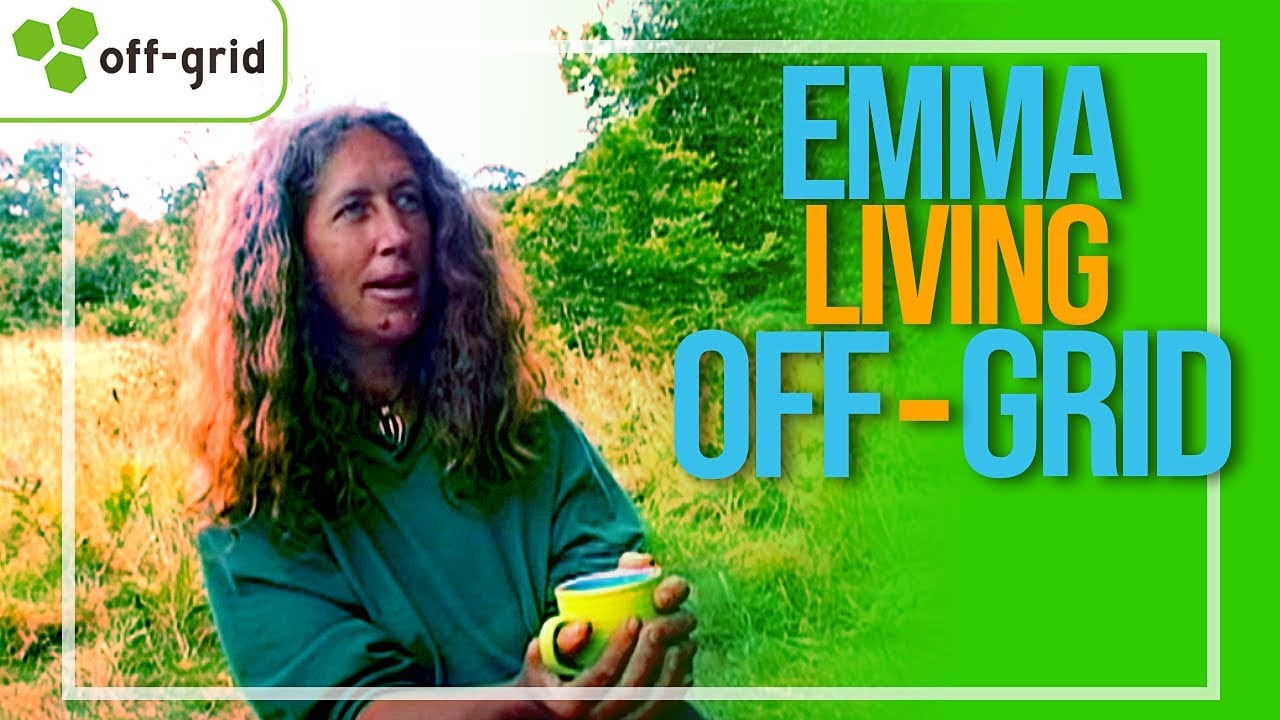
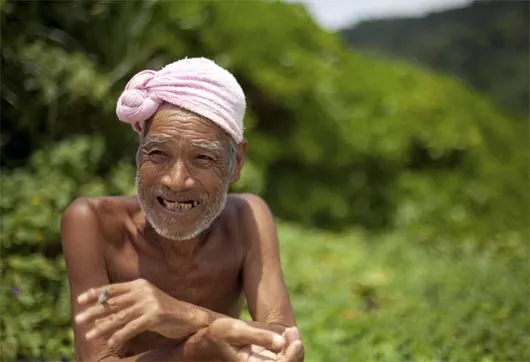


![Een korrel zand.... An 86-Year-old,real-live Robison Crusoe [ The Last paradise on Earth.]](https://fractalenlightenment.com/wp-content/cache/flying-press/ab5a5af0baef47f8af7e6ccbdebfed38.jpg)









